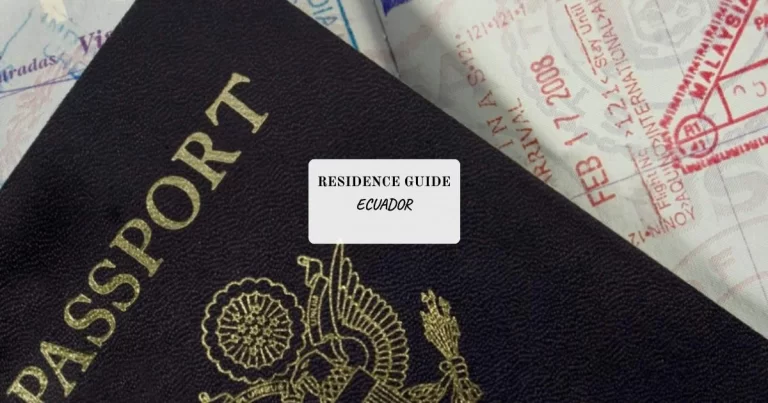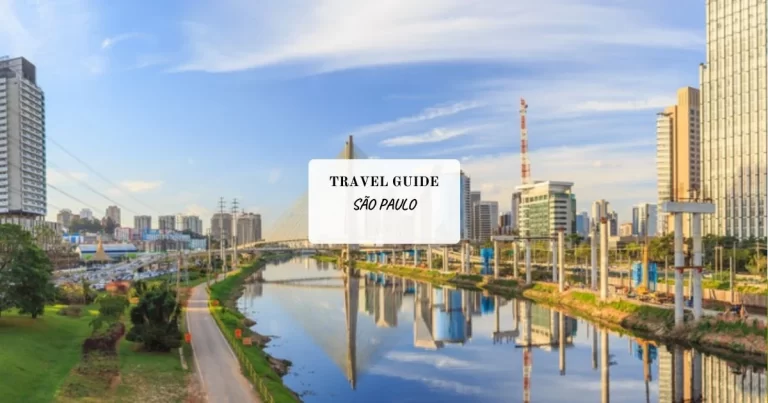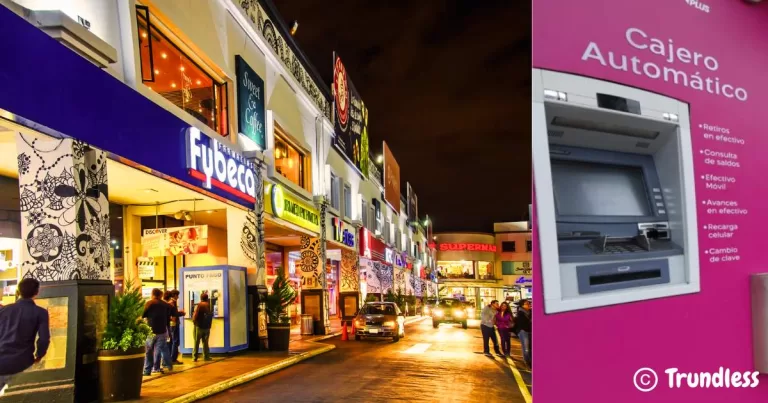Is It Safe to Visit Paris? Lets Find Out
Paris, often referred to as the City of Light, captivates millions of travelers each year with its iconic landmarks, rich history, and vibrant culture. From the majestic Eiffel Tower to the charming streets of Montmartre, Paris offers an array of experiences that make it one of the most sought-after travel destinations globally, especially for those looking to visit Paris this year.
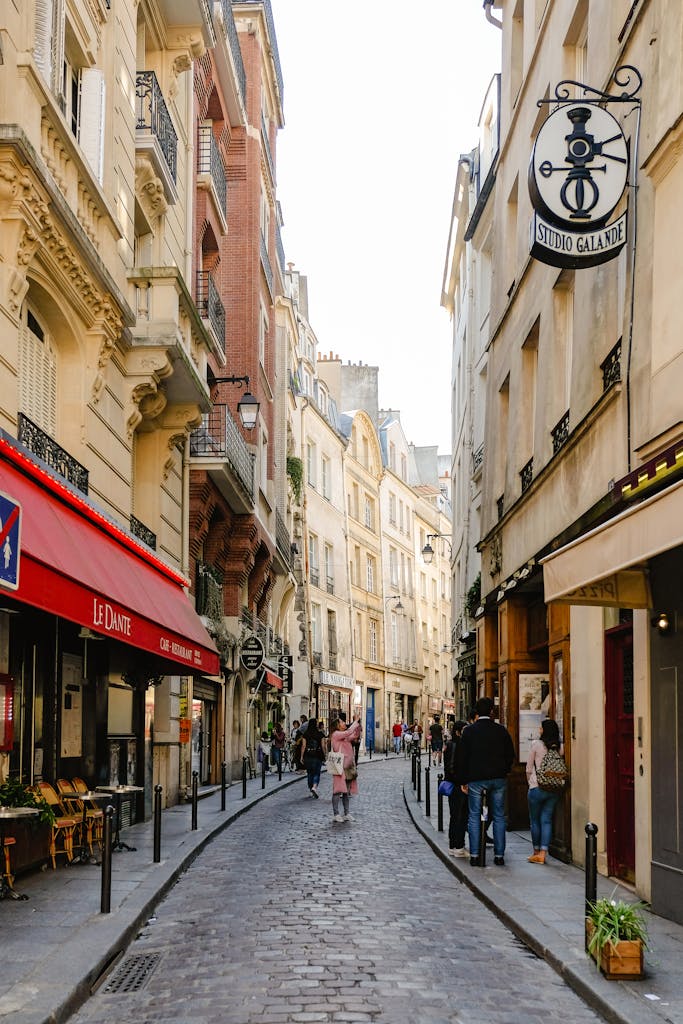
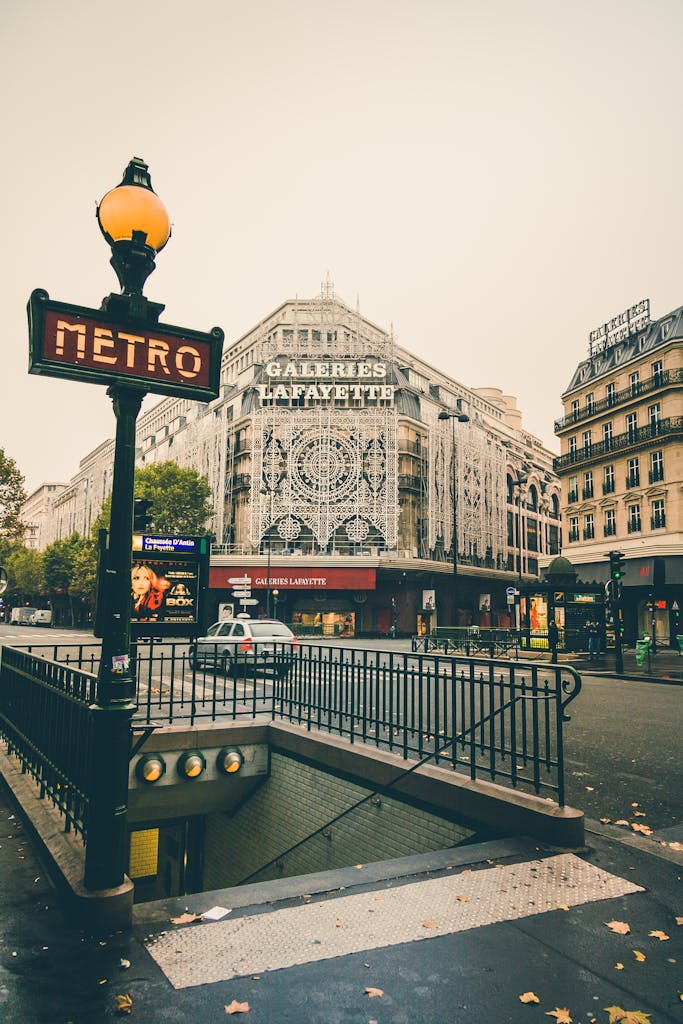
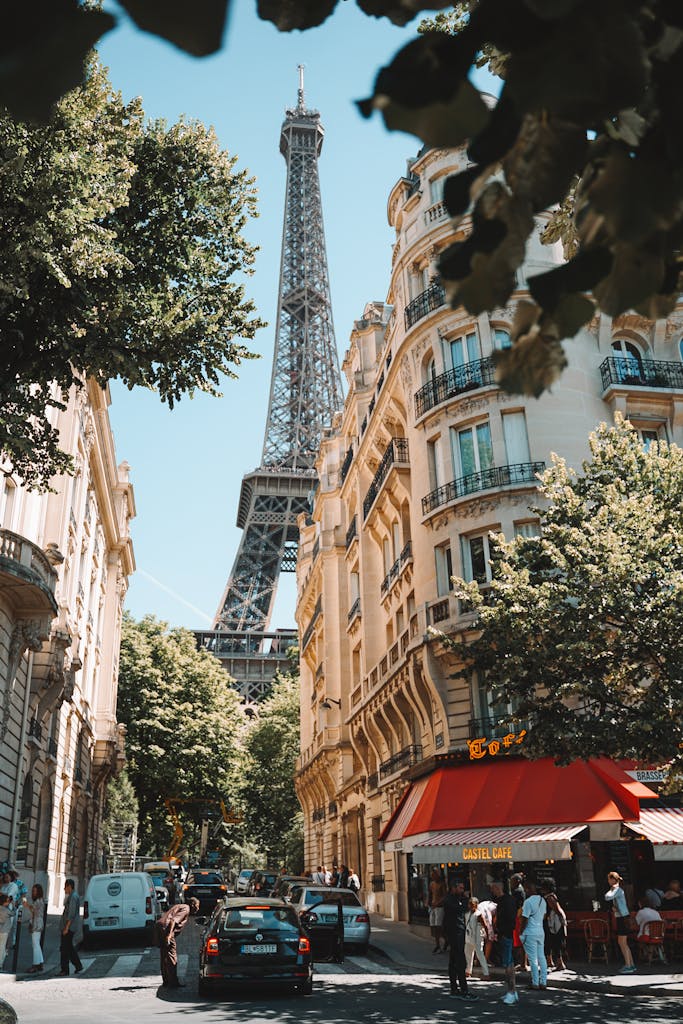
The purpose of this article is to provide an in-depth assessment of the current safety situation in Paris. We will evaluate recent travel advisories, understand potential risks, and offer practical tips to help you ensure a safe and enjoyable trip to Paris. Whether you’re planning your first visit or returning to explore more hidden gems, being informed about travel safety in Paris, France can make all the difference in your travel experience.
Understanding the Current Travel Advisories for Paris
What Are Travel Advisories?
Travel advisories are official notifications issued by government agencies to inform citizens about potential risks when traveling abroad. These advisories serve as guidance on various safety concerns, including political instability, health hazards, and security threats. Different countries might issue their own travel advisories, often categorized into levels indicating the severity of risk.
Current Level 2 Advisory for Paris
Paris is currently under a Level 2 advisory, which advises travelers to exercise increased caution. The reasons behind this advisory include:
- Terrorism Threat: France remains a target for terrorist activities. Potential attacks may focus on tourist locations, public transportation hubs, and large gatherings (source).
- Civil Unrest: Frequent demonstrations and strikes can disrupt daily life in Paris. While many protests are peaceful, there is always a risk of them turning violent (source).
- Petty Crime: Pickpocketing and bag snatching are common in crowded areas such as tourist attractions and public transport.
Understanding these travel advisory levels and the specific risks associated with a destination like Paris helps travelers make informed decisions.
Assessing the Terrorism Threats in Paris
The terrorism threat level in Paris remains a significant concern for travelers, making it crucial to stay informed about entry requirements. Recent incidents, such as the 2020 knife attack near the former offices of Charlie Hebdo and the 2015 attacks on the Bataclan theater, underscore the ongoing risk. The French government has responded with stringent security measures to protect both residents and tourists.
Key areas of concern include:
- Tourist Locations in Paris: Popular destinations like the Eiffel Tower, Louvre Museum, and Champs-Élysées are considered potential targets due to their high foot traffic.
- Transportation Hubs: Airports, train stations, and metro systems across France are also seen as vulnerable points where large gatherings occur.
Security Measures Implemented:
- Vigipirate Plan: France’s national security alert system has been elevated to its highest level. This plan includes heightened surveillance, increased police presence, and rapid response units stationed at key locations.
- Bag Checks and Surveillance: Visitors may encounter bag checks at museums, monuments, and event venues. Enhanced CCTV coverage is employed throughout the city to monitor suspicious activities.
- Public Awareness Campaigns: The government promotes vigilance among citizens and tourists through public awareness campaigns, encouraging people to report any unusual behavior or objects.
Understanding these risks and recognizing the robust efforts by authorities can help travelers make informed decisions about their safety while enjoying their visit to Paris.
Civil Unrest and Demonstrations: A Closer Look at the Social Landscape of Paris
Civil unrest often occurs in Paris, with frequent protests and strikes reflecting the city’s vibrant political culture. These demonstrations can range from peaceful marches to more intense confrontations, often sparked by issues such as labor reforms, pension changes, or environmental concerns.
Frequency and Nature of Protests
- Regular Occurrences: Protests in Paris happen regularly, sometimes even on a weekly basis. They are particularly common around significant landmarks like the Champs-Élysées and Place de la République.
- Varied Intensity: While many protests are peaceful, some have turned violent with clashes between demonstrators and law enforcement. This can result in damage to property and disruptions to daily life.
- Transportation Disruptions: Strikes are also a common form of protest in Paris, often impacting public transportation services. Metro and train services may be halted or delayed, making it difficult for travelers to get around the city.
Impact on Travelers’ Safety
To ensure their safety during times of civil unrest, travelers should take the following precautions:
- Monitor Local News: Stay updated on planned protests by following local news channels or using news apps.
- Avoid Protest Areas: Steer clear of locations where demonstrations are taking place to minimize the risk of getting caught up in any potential violence.
- Be Prepared with Alternative Routes: Have backup transportation plans in case of strikes or road blockades that could affect your intended route.
Understanding the social landscape of Paris helps prepare travelers for potential disruptions and ensures a safer experience in the city.
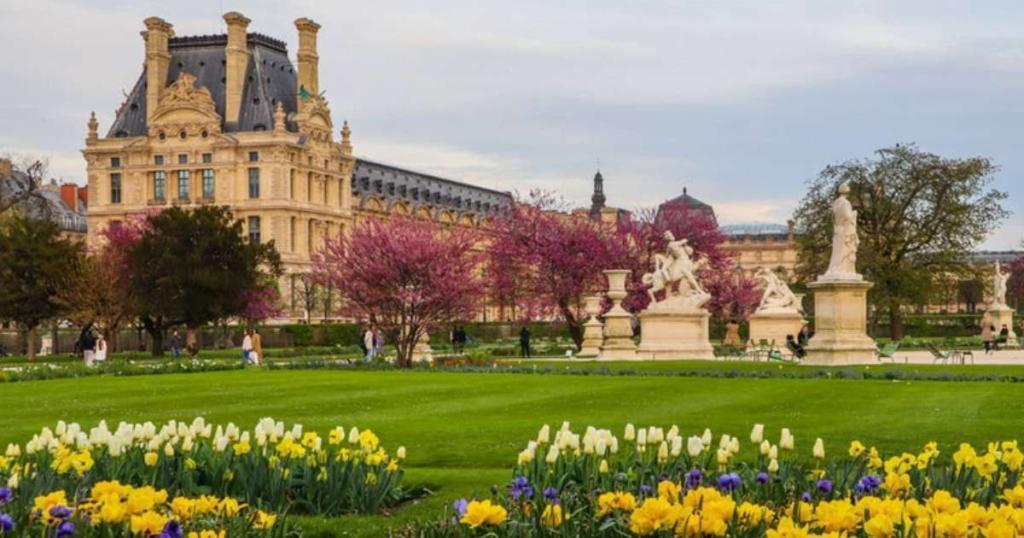
Staying Safe from Petty Crime in the City of Light
Petty crime in Paris, especially pickpocketing, worries many tourists. The city’s popular tourist spots like the Eiffel Tower, Louvre Museum, and Champs-Élysées are prime targets for such activities. Pickpockets often work in crowded areas where they can easily blend in and take advantage of distracted visitors.
Common Types of Petty Crime:
- Pickpocketing: Skilled thieves target tourists by creating distractions or working in groups to steal wallets, phones, and other valuables.
- Bag Snatching: Opportunistic criminals may snatch bags from unsuspecting tourists, especially in crowded places or while dining outdoors.
- Scams: Common scams include people pretending to befriend tourists, offering unsolicited help, or asking for donations.
Practical Tips for Prevention:
- Stay Vigilant: Always stay aware of your surroundings and keep an eye on your belongings.
- Use Anti-Theft Gear: Consider using money belts, secure backpacks, or anti-theft bags with lockable zippers.
- Avoid Flashing Valuables: Keep expensive items like cameras and jewelry out of sight when not in use.
- Secure Your Bag: When sitting down at cafes or restaurants, loop your bag strap around a chair leg or keep it on your lap.
- Be Cautious with Strangers: Politely decline unsolicited offers for help and be wary of overly friendly strangers.
Tourists can enjoy the wonders of Paris by taking these simple precautions to reduce the risk of falling victim to petty crime.
Understanding and Adapting to Public Safety Measures in Paris
Public safety measures in Paris are robust, reflecting the city’s commitment to ensuring the security of its residents and visitors. These enhanced security measures include bag checks at major tourist attractions, shopping centers, and transportation hubs. Visitors should be prepared for these routine inspections, which are designed to deter potential threats.
In addition to bag checks, there is an extensive network of surveillance systems throughout the city. These systems monitor public areas to detect suspicious activities promptly. This constant surveillance plays a crucial role in maintaining a safe environment for everyone.
The presence of police officers is another key element of public safety in Paris. During major events such as festivals, concerts, and sporting events, the police presence is significantly increased. This heightened visibility serves multiple purposes:
- Deterrence: The visible presence of law enforcement acts as a strong deterrent against criminal activities.
- Rapid Response: In case of emergencies or disturbances, the proximity of police ensures a swift response.
- Public Reassurance: Seeing uniformed officers on patrol can provide a sense of security to both locals and tourists.
Adapting to these safety measures involves cooperation and understanding from visitors. Being aware of and compliant with these protocols not only ensures personal safety but also contributes to the overall security of the city.
Protecting Your Health While Exploring the City
When traveling to Paris, it’s essential to be mindful of health precautions. Ensuring you are well-prepared can make your trip both safe and enjoyable.
Insect Bite Prevention
Although Paris is not typically associated with high insect-borne disease risks, it’s still wise to take preventive measures. Use insect repellent containing DEET or picaridin, especially in parks or gardens during warmer months.
Health Precautions for Travelers in Paris
- Stay Hydrated: Drink plenty of water, particularly if you’re visiting during the summer when temperatures can soar.
- Food Safety: Enjoying local cuisine is a highlight of any trip to Paris, but ensure food hygiene by eating at reputable establishments.
- Emergency Numbers: Familiarize yourself with local emergency numbers such as 112 for medical emergencies.
Travel insurance for Paris is highly recommended. Comprehensive travel insurance can cover unexpected medical costs and provide peace of mind during your stay. Be sure to choose a policy that includes coverage for medical evacuation and treatment abroad.
By taking these simple steps, you can better protect your health while enjoying all that Paris has to offer.
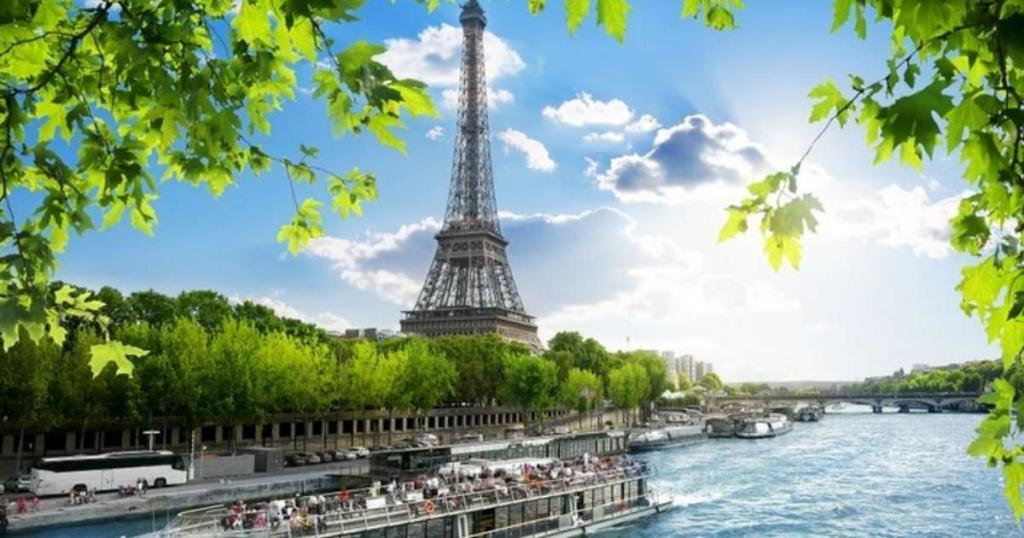
Navigating Local Laws and Cultural Norms in the French Capital
Understanding local laws and cultural sensitivities in Paris is crucial to ensure a smooth and respectful visit. One of the most important regulations to keep in mind is the requirement to carry identification at all times. French law mandates that all individuals, including tourists, have valid photo ID available for presentation upon request by authorities. Acceptable forms of identification include:
- Passport
- National ID card (for EU citizens)
Failing to produce identification can result in fines or other legal complications.
Respecting cultural norms is equally significant. Parisians value politeness and proper etiquette. Simple gestures like greeting shopkeepers with a friendly “Bonjour” before making inquiries can go a long way. Additionally, it’s advisable to avoid loud conversations in public places and be mindful of personal space.
Certain behaviors are considered rude or disrespectful:
- Taking photos of people without their permission
- Cutting in line (queues)
- Speaking excessively loudly on public transport
Another key aspect of navigating local laws involves understanding restrictions around photographing security forces or participating in protests. It is illegal to capture images of police officers or military personnel while they are on duty. Participation in unauthorized protests can lead to arrest and fines.
By adhering to these guidelines, you contribute to a positive experience for yourself and those around you, fostering mutual respect and appreciation for local customs.
The Importance of Having Comprehensive Travel Insurance for Your Parisian Adventure
Having adequate travel insurance coverage is crucial when traveling to Paris. With potential risks ranging from medical emergencies to theft, a comprehensive travel insurance plan ensures you are protected.
Key Coverage Details for Travel Insurance:
- Medical Protection: Healthcare costs abroad can be exorbitant. Travel insurance typically covers medical expenses, including emergency treatments and hospital stays. This is essential, especially if you encounter unexpected health issues during your trip.
- Theft and Loss: Tourist-heavy areas in Paris are hotspots for petty crimes like pickpocketing and bag snatching. A robust travel insurance policy provides compensation for lost or stolen belongings, giving you peace of mind as you explore the city.
- Trip Cancellation/Interruption: Circumstances such as strikes or civil unrest can disrupt your plans. Travel insurance often includes trip cancellation or interruption coverage, reimbursing non-refundable expenses if your trip is affected.
- Emergency Evacuation: In severe situations requiring urgent departure from the country, travel insurance covers the cost of emergency evacuation, ensuring you can leave safely without bearing the financial burden.
Having comprehensive travel insurance ensures that unforeseen incidents do not mar your experience in Paris. It is a small investment that provides significant security against various risks while allowing you to fully immerse yourself in the joys of exploring this beautiful city.
Conclusion
In conclusion, when planning your travel to France, including Paris, it’s essential to be prepared. Every country or territory decides its own entry and exit requirements. Ensure you have the right documents, such as a visa if needed, and check if you need a visa for the Schengen area. Contact the French embassy or consular services for the latest travel information. Plan your itinerary, including places to visit and places of worship, but remain flexible. Book your accommodation in advance, especially in central Paris. While Paris and France are generally safe to visit, stay vigilant, especially in large cities. Never leave your bags unattended, be cautious at intersections, and watch for potential break-ins. If an emergency occurs in France, call the police or contact the nearest embassy. Remember, Paris is generally safe, but like any major city, tourists may be at risk.


